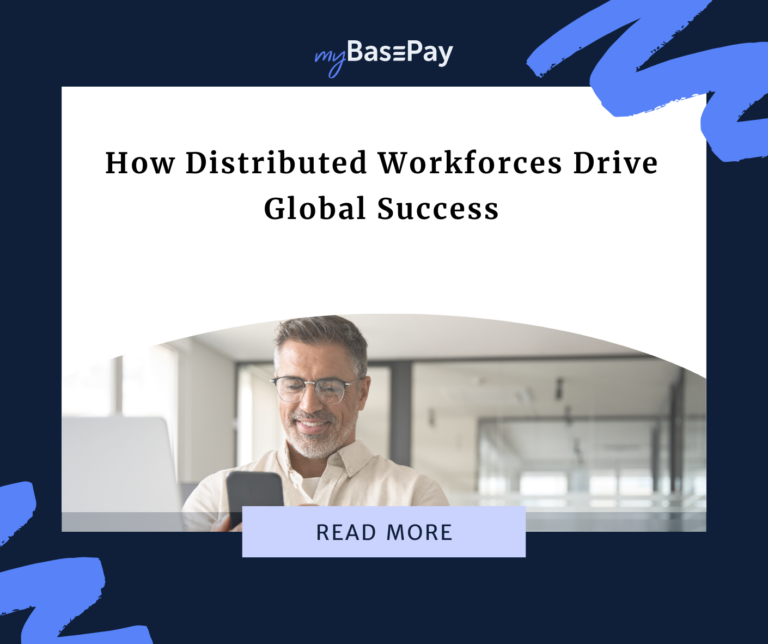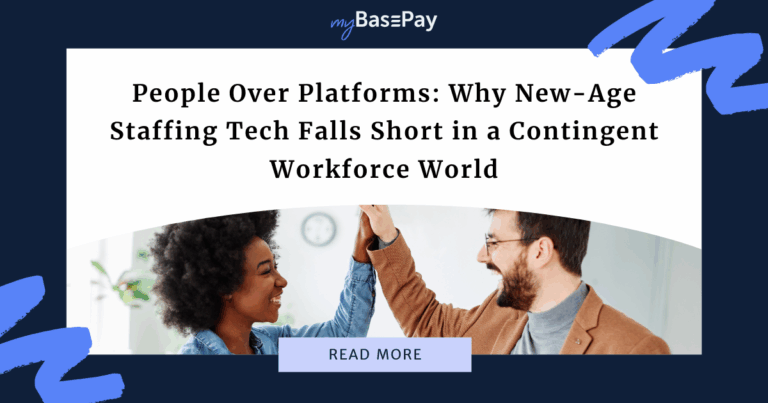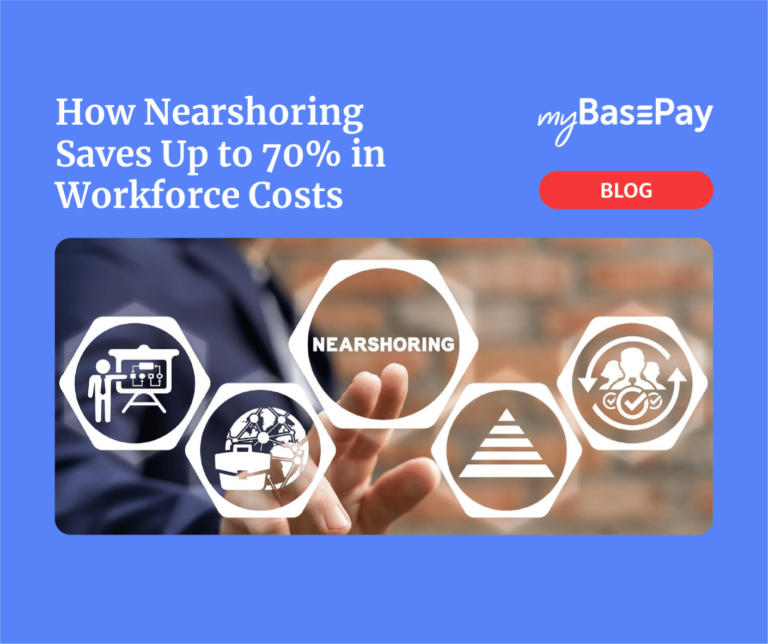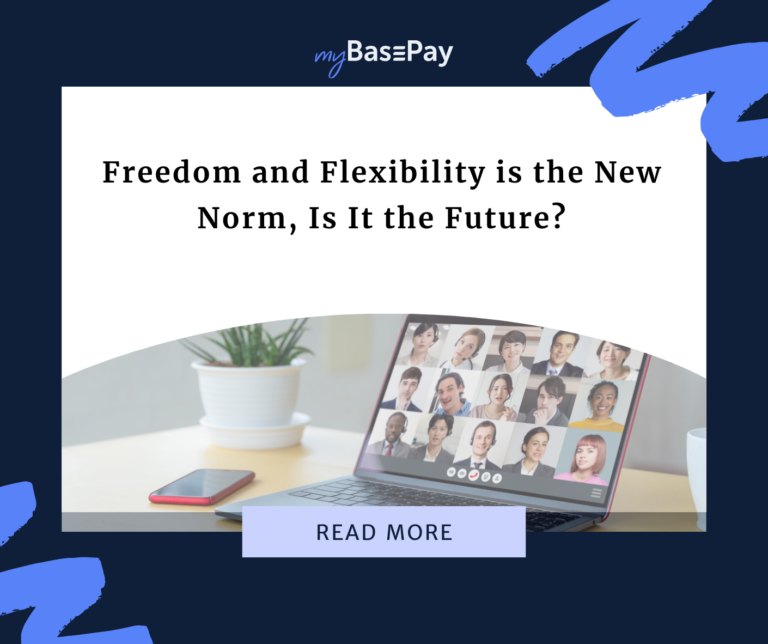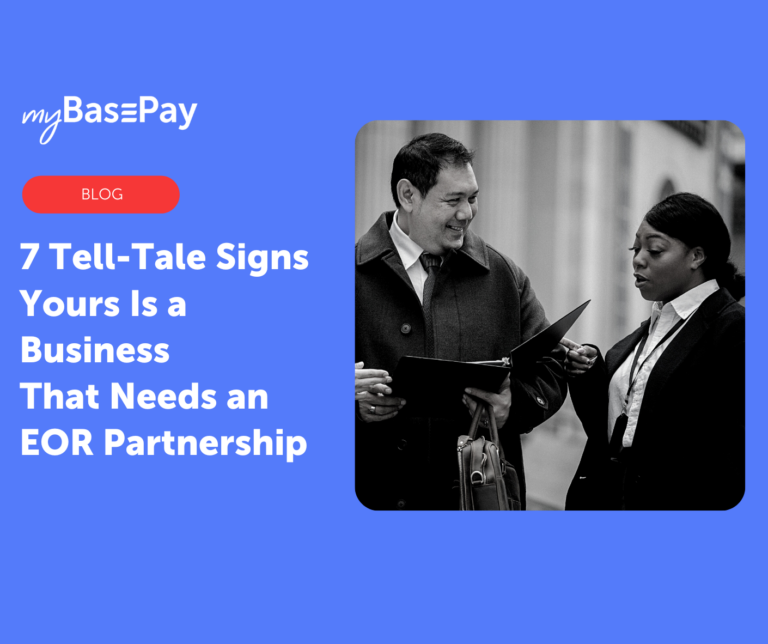How to Leverage an EOR Model to Diversify Your Direct Hire Offerings
Many staffing firms focus on direct hire offerings, as this is the option preferred by many employers and employees. Direct hiring focuses on connecting the right candidates to the right company to fill positions that require a more permanent solution. The company then hires the individual on either a full-time or part-time basis, and provides all applicable benefits and pay.
For many job candidates, this is also the more desirable option. A direct hire is typically viewed as offering greater job security and opportunities for career growth. Quite often, the company also offers greater financial value to the employee in this arrangement, since it is legally obligated to provide health insurance and other benefits.
While many staffing agencies are quite successful in direct-hire, there is no denying that there is also growing demand for contract workers. Tech companies have long used contract workers to lower their own operating expenses. At the same time, the COVID-19 pandemic caused many people to rethink what they wanted out of work, with research finding significant growth in the freelance economy as workers desire increased flexibility.
Because of this, many staffing agencies stand to benefit by diversifying their direct hire offerings by filling contractor positions as well. The best way to do this is through leveraging an employer of record (EOR) model.
What Is an EOR?
An employer of record (EOR) is, in the most basic sense, the company that is considered an individual’s legal employer. In the modern staffing industry, an EOR is generally a third party that takes on the responsibilities and liabilities associated with employing contingent workers.
The EOR is responsible for a wide range of back-office tasks, including benefits administration, tax deposits and withholdings, payroll processing, managing unemployment claims and workers compensation and ensuring compliance.
Even though an individual may have been hired through a staffing agency and be working for a client that also uses the agency for direct hires, all liabilities and responsibilities for that employee fall directly on the EOR. Essentially, an EOR allows staffing agencies and their clients to outsource payroll and HR for contingent workers.
The employer of record is also responsible for registering in the states or countries where it operates. This allows businesses to hire remote workers in areas where they aren’t registered. It is up to the EOR to ensure that it remains compliant with all benefits administration, tax and other responsibilities that are legally required for workers in these locations.
How an EOR Can Help Staffing Agencies Diversify Their Offerings
The number of freelancers and contract workers in the United States is expected to grow to 90.1 million by 2028. Needless to say, the increased demand for contract workers in a broad range of industries is poised to continue to radically transform what clients desire from staffing agencies.
While adding contract staffing to your agency’s service offerings can serve as a powerful source of revenue, it also comes with several inherent risks — particularly in regards to compliance. Misclassifying a full-time worker as a contract employee and failing to provide proper benefits can result in significant penalties from the IRS.
On the other hand, staffing agencies that partner with an EOR are able to safely and effectively expand their service offerings beyond direct hiring. Businesses generally do not want to take on the risk and liability associated with being considered the direct employer for contract workers. They would rather outsource contracting functions like payroll and compliance administration.
When a staffing agency partners with an employer of record, it can easily fulfill this need for its clients. While the staffing agency itself will continue to handle recruiting, interviewing and negotiating offers with prospective employees, the EOR takes on crucial back-office tasks related to managing onboarding, employment and termination.
This includes administering payroll and benefits, tax reporting and responsibility for employment contracts. The EOR ensures that all workers are correctly classified for tax purposes, handling workers’ compensation, I-9 forms and other areas where in-depth compliance knowledge is an absolute must.
For the client that uses the staffing agency, this is a very desirable and beneficial setup. Their only responsibility is handling on-site management of the contract employee. They can continue to manage employment responsibilities for direct hires without worrying about the compliance complexities of contingent workers. The ability to outsource not just candidate sourcing and recruitment, but also employment contracts, payroll and compliance, can be very attractive to businesses of all sizes.
By the very nature of contract worker agreements, clients will need to re-fill these positions much more frequently than they would with a direct hire. Delivering a streamlined experience for clients will result in a recurring source of revenue that is much more consistent than the often sporadic need for direct hires.
Using an EOR further benefits the staffing agency by allowing recruiters to focus their efforts on finding the best qualified candidates and filling open positions for their clients. You don’t need to worry about the back-end process of hiring and managing employment contracts. Your team can focus on its own areas of expertise to deliver the best candidates to its clients.
Combine Direct Hire and Contingent Staffing for Greater Growth
While direct hire placements are experiencing increased demand in the wake of the Great Resignation, many companies across a wide range of industries continue to rely on contract workers.
By adding contingent staffing to your already existing direct-hire offerings, you can diversify your portfolio for current and potential clients. Contract staffing can ultimately create a flow of steady residual income thanks to the short-term nature of contract work.
By working with an EOR such as myBasePay, your organization can diversify its offerings while still maintaining back-office compliance. myBasePay’s EOR services help you automate and outsource vital administrative and HR tasks, including employment-related liability associated with contract workers. myBasePay also features a robust talent acquisition marketplace that makes it easier than ever to expand your partner network and fill job requisitions.
As a true turnkey solution, myBasePay provides the EOR support your staffing agency needs to diversify its offerings and enjoy steady growth in an increasingly competitive market.
Author: Cesar A. Jimenez, CEO of myBasePay.
Cesar is an entrepreneur, investor, and military veteran with over 25 years of staffing industry expertise successfully leading technology staffing organizations. His expertise in the IT industry allows him to use his experience as a thought leader for talent acquisition, staffing, IT, and recruitment technologies with a passion for contingent workforce solutions. Cesar has held various leadership roles for both a global staffing organization and technology solutions companies.

